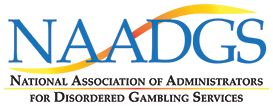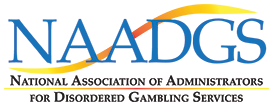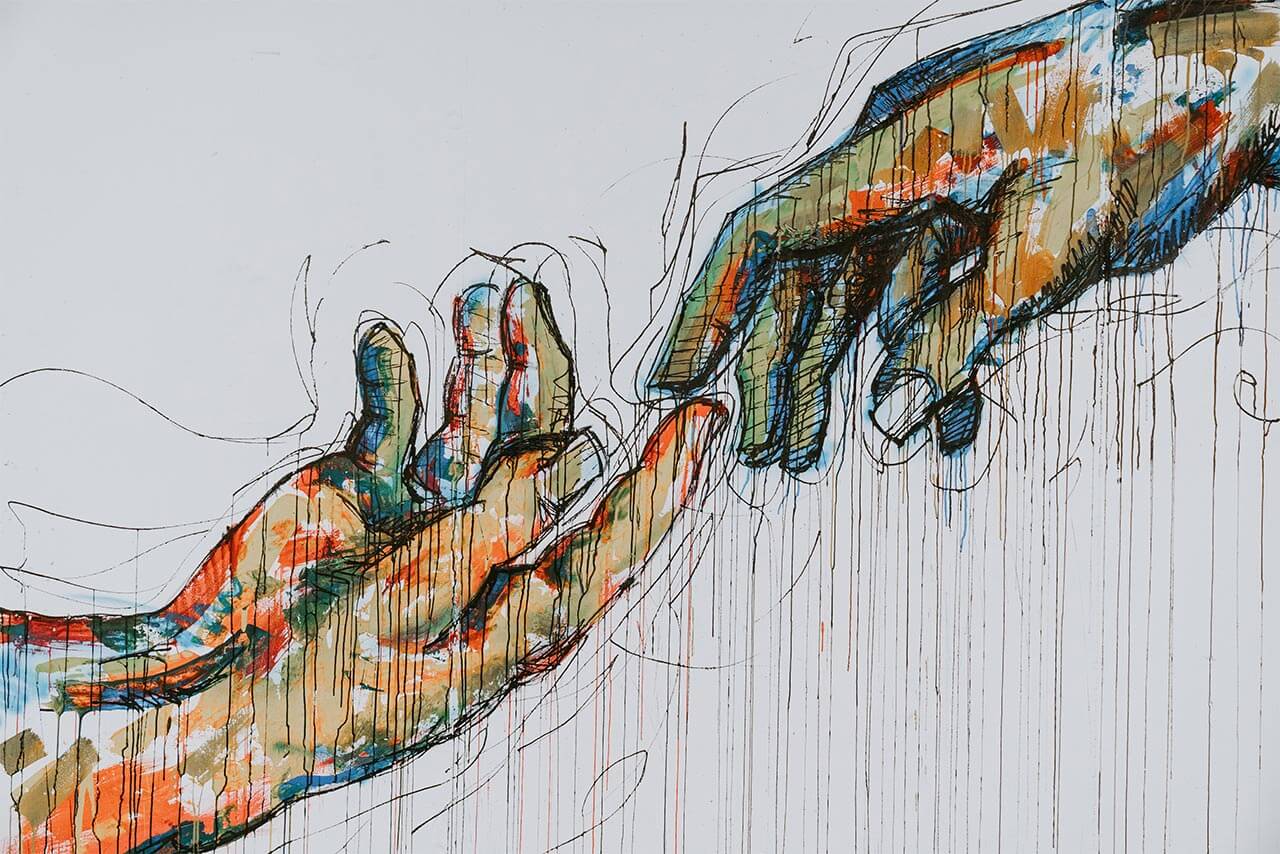There is little research available on peer recovery programs because peer recovery services are often part of other supportive programs, peer services are not well-defined, and data points are not readily defined nor recorded. In and of itself, “support” varies in meaning and application. Additionally, little if any research has been conducted on peer support services for problem gambling.
Peer recovery coaches have four roles:
- Provide encouragement to their peers. Be their cheerleader.
- Provide information about community resources. Help address challenges that arise that can be helped through local resources.
- Document daily progress of the client. Provide accountability.
- Assist in emergency situations. Be the first person the client can call in an emergency, which may be the desire to use, or in this discussion, gamble.
Substance Abuse Mental Health Services Administration (SAMHSA) developed an informational document, Peers Supporting Recovery from Substance Abuse Disorders in 2017. SAMHSA does not address problem gambling, but the information regarding definitions of peer recovery support services, and the work they do can be generalized to problem gambling services. We cannot, however, generalize the effectiveness of peer support services to the problem gambling field, and assume that recovery support services would have the same effectiveness without empirical data to support that hypothesis. However, anecdotal evidence from locations that provide problem gambling peer support services would indicate that results are positive for the clients who receive problem gambling services.
An article by Tracy and Wallace (2016) entitled Benefits of peer support groups in the treatment of addiction states “Peer support can be defined as the process of giving and receiving nonprofessional, nonclinical assistance from individuals with similar conditions or circumstances to achieve long-term recovery from psychiatric, alcohol, and/or other drug-related problems.” Note that this definition does not include gambling, sex addiction, and other “process” addictions. The authors conducted a literature review. Through inclusion criteria, they found only ten studies that qualified. The studies showed benefit of peer support services in the areas of substance, use, treatment engagement, HIV and hepatitis C virus risk behaviors, and secondary substance related behaviors like craving and self-efficacy.
There were indications that treatment retention improved, the use of substance of choice was reduced, relapse rates were reduced, programs were strongly endorsed by participants, and self-efficacy of clients improved. Their conclusions were that such services were promising, but because data was so limited, they were unable to draw definitive conclusions.
Peer support seems to be a promising service in rendering problem gambling services, but research is needed to have data to prove its benefit.
References
- Tracy, K. & Wallace, S. P. (2016). Benefits of peer support groups in the treatment of addiction. Substance abuse and rehabilitation, 7, 143–154.
- SAMHSA (Substance Abuse and Mental Health Services Administration) (2017).
Value of Peers Infographics: Peer Recovery (November 2017)


